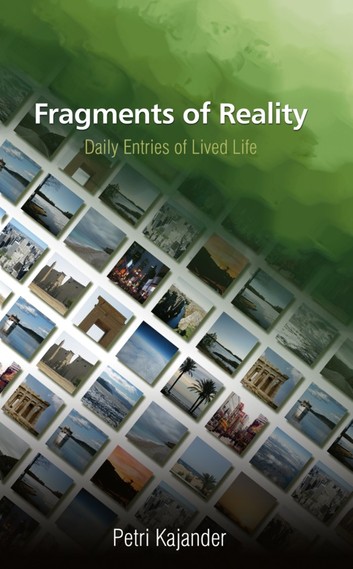Often we feel that we are treated unfairly or something hap-
pens that we do not accept as fair. What is fair and what is
not?
Life is neither fair nor unfair. It’s beyond the concept of
“rightness.” It does not judge or prefer anything or anyone—
it just simply is. How can we still feel that we are mistreated?
When you ask different people about their views of fair-
ness, you get totally different answers. Some find similar cir-
cumstances totally acceptable and “right” whereas others see
them as totally unacceptable. Someone’s fairness is another
person’s unfairness. This twist can even happen within our-
self—over time we may start to see past occurrences differ-
ently. So, what has happened then? The situation has not
changed because it has already happened (as we recall it). Our
own interpretation of it has altered.
We are the only ones who can treat ourselves fairly or
unfairly. We put things into a relationship and interpret the
outcome. Our understanding is dependent on our own per-
ception, experience, and subjective interpretation of the mat-
ter. On top of these, we create our own expectations that
project and claim the desired (expected) outcome. Our point
of reference is in relation to our expectations. We “judge” the
fairness in comparison to how we have perceived and pro-
jected the situation. We have certain predetermined plans of
the outcome that are formed based on our personal history
and knowledge. Therefore, different people can wholeheart-
edly claim the opposite points of view—everyone lives in his
or her own reality.
We evolve over time. Our thinking changes and we per-
ceive the world differently. This is the interplay between our
cumulated experiences, understanding, and knowledge that
guide us to interpret our surroundings. In other words, our
mind continuously seeks to find similarities between personal
history and the situation at hand. Naturally, the reality is
always fresh and new but depending on our own approach
toward it, our personal response and interpretation can vary a
great deal. Everything is put into a relationship and we are the
only point of reference. What we do not understand, we can-
not expect either. Similarly, things that we have a limited
experience of can give us great surprises.
We always have to live and respond to the world around
us. Still, we do not have perfect information and interpreta-
tion available. This creates the churn and drama involved with
human life—thanks to our own imperfectness and ignorance.
All it takes is us, and it has everything to do with us and noth-
ing to do with third parties or the circumstances surrounding
us. The fairness and unfairness are just results of our own
thinking and perception and they are in relation to our own
“reality.” And because our own reality evolves over time, it
seems that there is nothing constant and permanent in fair-
ness. It is only a relative, subjective concept without any
objective significance—a purely subjective illusion.
This is the original text, and an edited version can be found in the Fragments of Reality -book.

